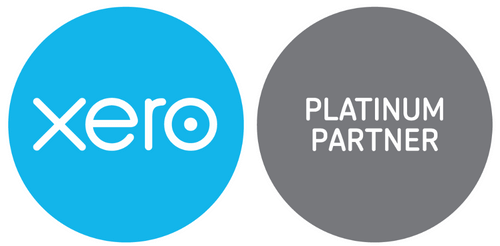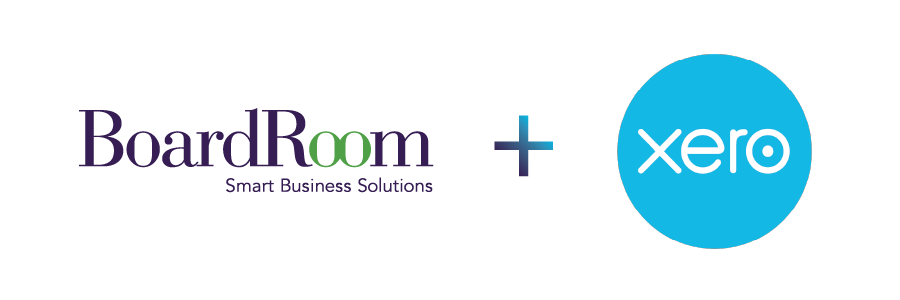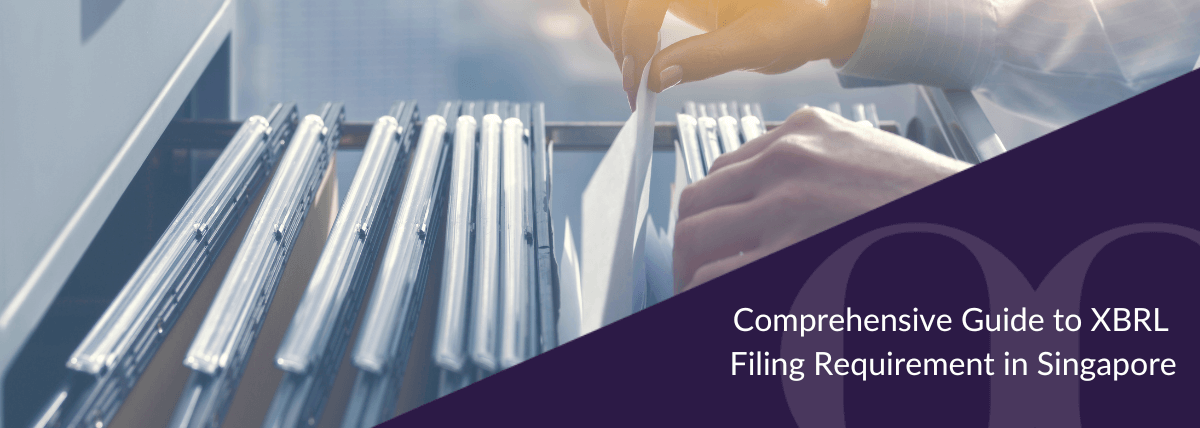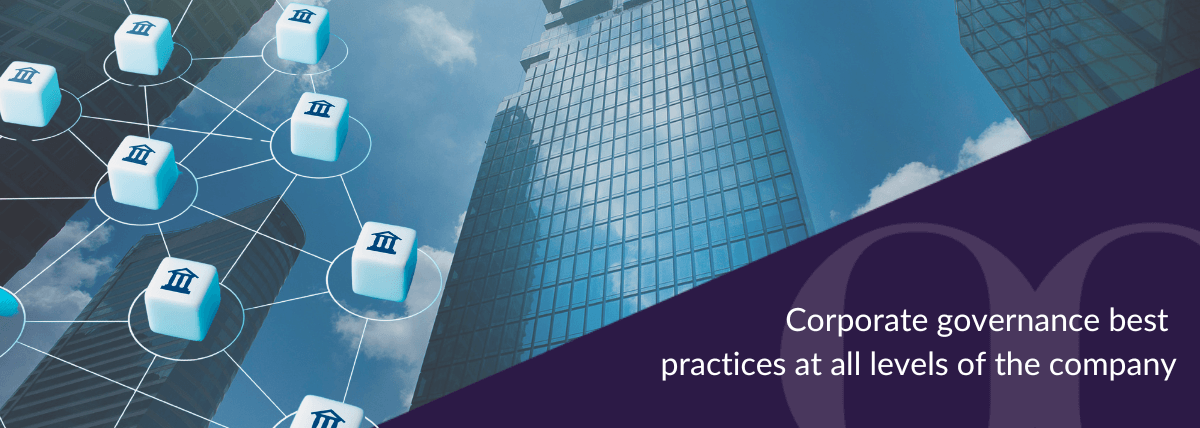How cloud accounting with Xero and BoardRoom is about to make your life easier
The benefits of cloud accounting platform, Xero, are well recognised. Implementing Xero will save your company time, money and effort. It improves your team’s productivity and can even help your company to get paid faster.
However, for most companies, these benefits may take time to achieve. Setting up Xero correctly and migrating your existing financial data into it can be difficult, especially for companies with complex structures. Plus, to truly realise the full benefits of Xero, it’s important to optimise your Xero file to its fullest potential.
It doesn’t have to be hard though. With a partner, such as BoardRoom, your journey with Xero can be a simple and rewarding experience that delivers the power of Xero to your company faster.
Cloud accounting vs traditional accounting
Cloud accounting uses online software and stores the data from your accounts in the cloud. ‘The Cloud’ is a network of remote servers storing vast amounts of data. In contrast, traditional software is installed locally on your computer with data stored on a hard drive or a server on-site.
Traditional accounting has the benefits of not requiring an internet connection and lets you retain individual company control of your security levels and access – providing you continually update everything. However, the advantages of cloud accounting far outweigh these benefits.
Cloud accounting makes it easier for your team to access and collaborate while reducing hardware costs and software expenses. It also offers your company a real-time snapshot of business performance while providing data security and protection. But, maybe most importantly, cloud accounting helps you save time and improve accuracy, which assists your company run more efficiently. This is why many companies use cloud accounting, like Xero.
Xero implementation can be simple with the right partner
Switching to any new accounting system involves effort commensurate with the nature, size and complexity of your company. Unless you have a team who are confident in navigating the set-up and implementation of a new accounting system such as Xero, you run the risk of misplacing data or accidentally limiting essential user access. Additionally, and perhaps most importantly, there may be negative regulatory or financial consequences if these errors occur.
Working with a Xero Platinum Partner, such as our team here at BoardRoom, will ensure your Xero implementation is seamless. We’re experienced in transferring your company’s data from your existing accounting system to Xero. We also know how to correctly set it up based on your company structure. Additionally, this process doesn’t require hours of input from yourself and your team. We request the data from you, and then work in the background to perfect your Xero file setup. This means your team can continue with business as usual.

In addition, BoardRoom offers training and support services to facilitate the change management process for your team. We work hard to help your team learn how to take advantage of all the features Xero has to offer so they can use Xero more efficiently. And if they do have any questions, they can contact BoardRoom’s Xero support services via phone, email or video conference call.
Risks during Xero set-up and migration for complex company structures
Companies with complex structures are most at risk of errors, issues and potentially expensive faults when moving to Xero. Strategic planning is often needed to ensure your company structure is reflected correctly in Xero and that it meets any regulatory reporting requirements.
Attempting a migration of existing data without an implementation partner can be treacherous. Having the support of a partner, such as our team, means you’ll have experts responsible for ensuring a seamless and certified implementation.

Our Xero data migration services ensure a complete data migration, comparative balances migration and porting over of last closing balances. Additionally, our online training modules will guide your team through purchase, sales, bank and reconciliation, inventory, reports and other advanced features.
Customising and optimising Xero to suit your company
In addition to ensuring your Xero file is set up correctly, and existing financial data migrated seamlessly, working with a partner like BoardRoom will ensure your company gets the most out of Xero. We’ll identify the apps and integrations, from the thousands available, which best suit your company’s needs and provide training to ensure a smooth transition for your team.
We also customise your chart of accounts or report templates, incorporate your logo into financial documents, or set-up tracking categories and contacts – plus more.
Remove geographical limitations through BoardRoom’s expertise
When you partner with BoardRoom, you’re not working with a regular accountancy firm. As professional services experts, we operate across multiple jurisdictions and offer a wealth of knowledge on all aspects of company administration. This means that no matter where your offices are located, whether Singapore, Hong Kong, Malaysia, China or Australia, we can assist you seamlessly integrate all of your accounts functions through your Xero.

In addition to Xero set-up and migration, we also provide incorporation, share registry, company secretarial, payroll, plus many other administrative services. Therefore, by partnering with BoardRoom, your company gains access to our wide range of skills and expertise to assist your administration and accounts teams operate more efficiently.
Save time, money and stress with Xero and BoardRoom
Minimise the risk when migrating your accounting data and ensure your team can easily operate your new Xero system from day one.
Consultations are available for full scale migration, set-up or integration of systems – such as payroll or point of sale. Regardless of the accounting system you are switching from or how complex your company structures are, our team of experts are available to provide support throughout each step of the process.
Partnering with BoardRoom to implement Xero for your company will save you time, money and stress.
Find out more about our cloud accounting software today.






